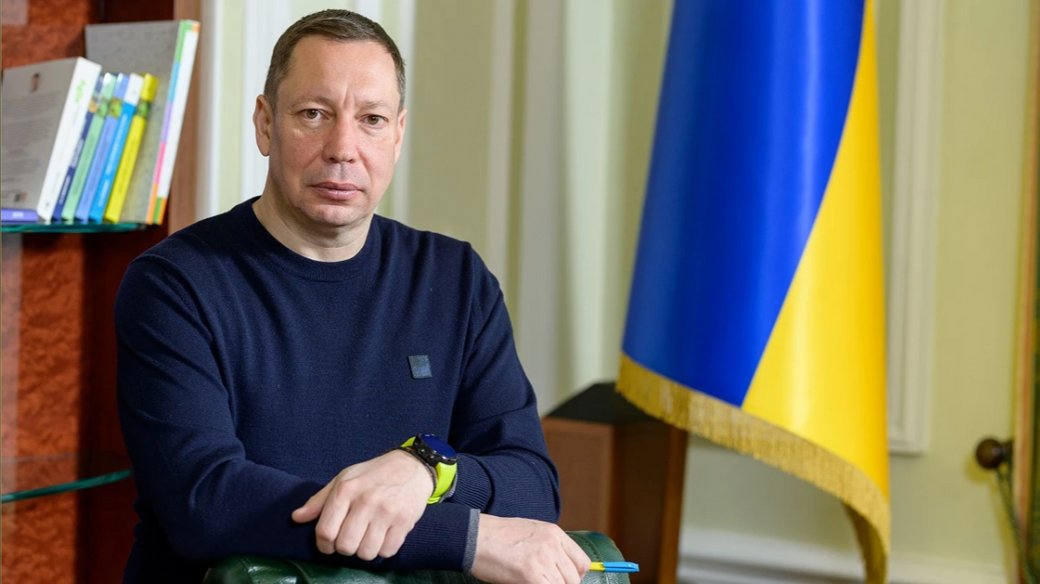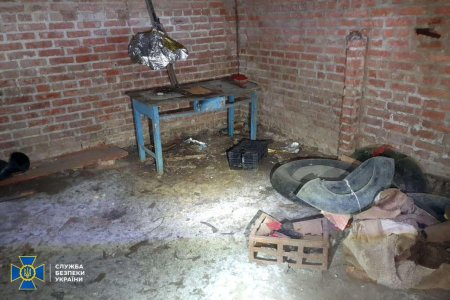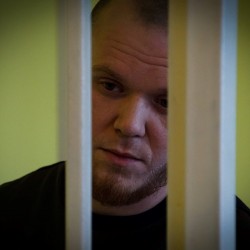
On August 24, 2023, the suspicion was changed in the criminal proceedings against the former Governor of the National Bank of Ukraine, Kyrylo Shevchenko. The actions of Shevchenko and other former Ukrgasbank officials were additionally qualified under Art. 255, Pt. 1 of the Criminal Code of Ukraine: creating of and participating in a criminal group. This article provides for 8 to 12 years in prison. It means that to the previous suspicions of Shevchenko under CCU Art. 191 (misappropriation of funds on a large scale) and CCU Art. 209 (money laundering of the proceeds of crime), NABU added the so-called "thieving article". Human rights activists have repeatedly criticized this article.
We have previously written about the background of the Kyrylo Shevchenko persecution and its political motivation.
In September 2023, the investigation of the Ukrgasbank case intensified abnormally. The SAP began to enter into multiple plea agreements with the defendants, and the VAKS started to consider such cases promptly in closed court sessions. The lawyers of the main defendants were not involved in these sessions, and the public had no access to them.
Dmytro Nikiforov, the lawyer of another defendant in the case, described the current situation in the following way: "Initially, the Ukrgasbank case was a single criminal proceeding, but then it was divided into several cases. Kyrylo Shevchenko and other top managers of the bank are investigated under one case, while those who have made a deal with the investigation are included in other cases. After that, being the defense side, we were not notified of any hearings regarding the defendants who had pleaded guilty. We found out from the VAKS website about the September 21, 2023, meeting, and we came to this meeting. It began as an open hearing, and the court allowed us to justify how this process violates the rights of my client, Olena Khmelenko. Then, the court denied us the right to participate in the trial process because the defendants' lawyers requested a closed session. The prosecutors supported this request, and the court decided to close the session and restrict access to all but the direct participants in the case. After that, the lawyer of Olena Khmelenko was removed from the courtroom. Now we, as the defendants' defense, cannot attend the court hearings of those who have made a deal with the investigation."
In all of these cases, the rapid change in the qualification of the defendants' actions is surprising. It should be noted that previously, all the defendants were suspected of committing particularly grave crimes, leading to the punishment of imprisonment for up to 12 years with confiscation of all property.
Currently, the defendants are charged with a crime under CCU Art. 367 (negligence in performing official duties). This article provides a much milder punishment: a fine of two thousand to four thousand tax-free minimum income or corrective labor for up to two years.
The SAP prosecutors charge the defendants, who, according to the investigation, were involved in laundering the bank's funds of more than UAH 200 million, under CCU Art. 209, Pt. 2. That is the same legal qualification but with much milder punishment than Pt. 3 of this article, namely, imprisonment for five to eight years.
Thus, on September 26, 2023, the VAKS panel of judges approved the first plea agreements concluded between three defendants and the SAP prosecutor. These persons, who were individual entrepreneurs at the time of the criminal offense, were found guilty under CCU Art. 209, Pt.2 (legalization (laundering) of the proceeds of crime), CCU Art. 27, Pt. 5, CCU Art. 209, Pt.2 Pt. 2, CCU Art. 366, Pt.1 (forgery in office committed by prior conspiracy by a group of persons). Each was sentenced to five years in prison with a fine of 250 tax-free minimum income. In other words, the panel of judges applied the mildest sanction provided for by this article.
It becomes unclear on what grounds the NABU and the SAP so spontaneously and quickly decided to reduce the role of specific persons in the commission of a crime that, according to them, caused UAH 206 million in damage to the state, to enter into plea agreements with these persons and to approve them in such a short time.
The above suggests that the NABU and the SAP decided to fill in the gaps in the evidence base in their charges against Kyrylo Shevchenko by pressuring other suspects. All of them suddenly decided to plead guilty by entering into plea bargains. They are ready to be convicted under these agreements but for less severe crimes, committing to testify against Shevchenko.
It is quite worrying that this practice, seen in some cases before, may become much more widespread. These methods will resemble Soviet times and the arbitrariness of law enforcement agencies under Yanukovych.
Another concern is the fact that the VAKS, in this case, may act as an accomplice in depriving the public and even the defense of other defendants, who were recently charged in the same case, of access to court hearings on the approval of plea agreements and, as a result, to the content of such agreements. Such actions may be aimed at preventing the public coverage of these agreements, which have often outraged society, such as in the Zlochevsky case, and preventing the defense of Kyrylo Shevchenko from accessing the content of such agreements and court hearings, which may become the primary evidence of falsification of Shevchenko's charges under CCU Art. 255 and other.
(Our informant).



